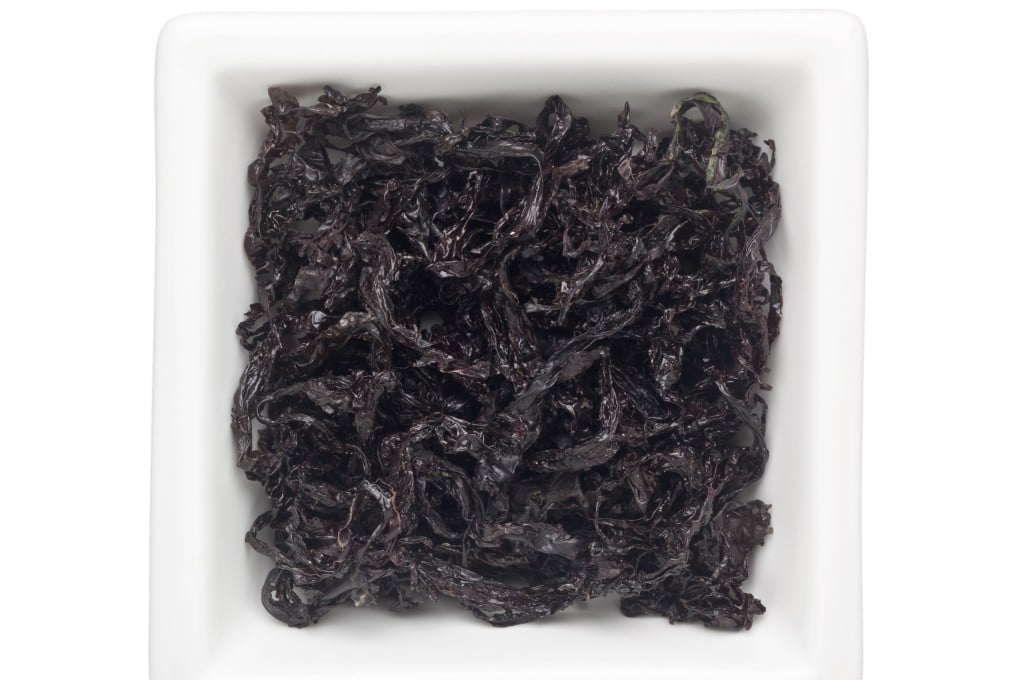Fat choy: the lucky sounding Chinese New Year food whose harvesting has turned fragile landscapes in China into desert
- Black moss is synonymous with Chinese New Year feasts because of its lucky sounding name in Cantonese, fat choy, a homonym for ‘get rich’
- However, there is nothing lucky about it any more in the dry areas of China where it mostly grows – overharvesting of the moss has turned the land into desert

Among the foods typically associated with Chinese New Year are whole fish or chicken, plump prawns, sticky-rice cakes, turnip cake – and, perhaps the least attractive of them all, clumps of braised hair moss, usually nestled on a plate of cooked lettuce and dried oysters.
As a child, I’d pick at the inky, melting strands and declare cheekily to my relatives that I was eating “hair”. Many of them would even join the charade, encouraging me to pick up more.
“It’s good for your tresses,” they would say, nodding. Eat more and your hair will grow thick, black and healthy.
Like many other fables told at the table, such advice is not particularly scientific. There is no research that shows the consumption of hair moss has anything to do with fabulous follicles.

The obvious reason for hair moss being a Chinese New Year mainstay is more superstitious than practical.
In Cantonese, the ingredient is known as fat choy (literally “hair vegetable”), which is, more importantly, a homonym for “get rich”. So a more likely explanation for piling heaps of it into one’s rice bowl has to do with the desire for wealth rather than an enviable mane.
